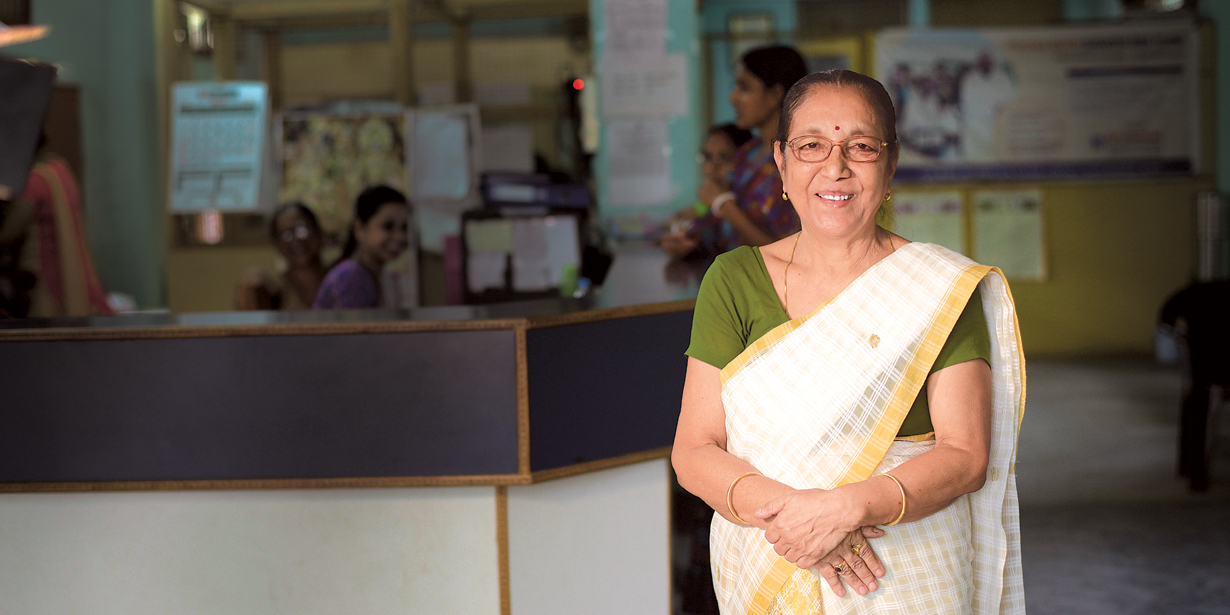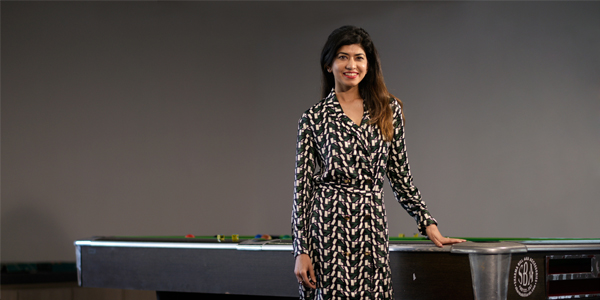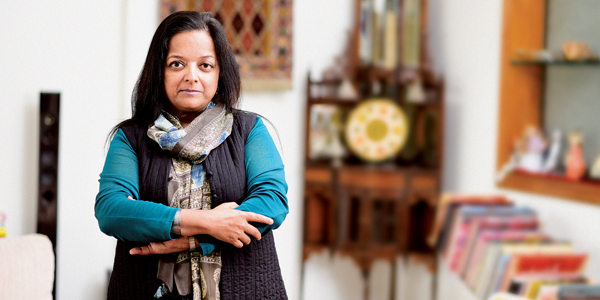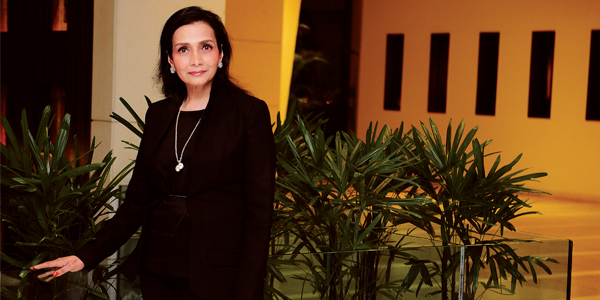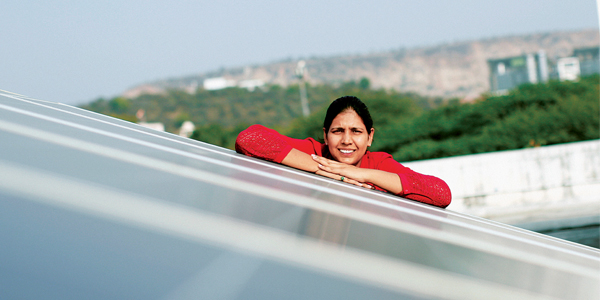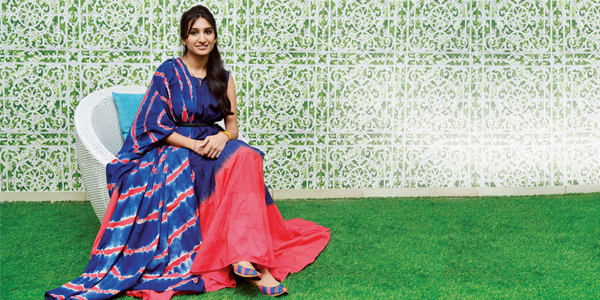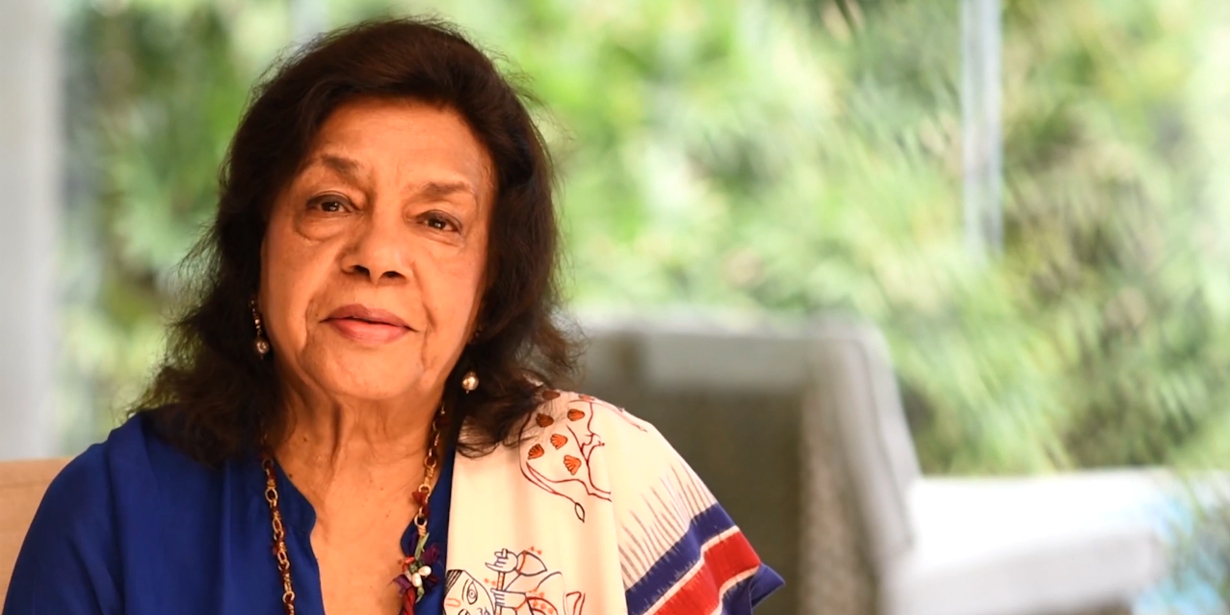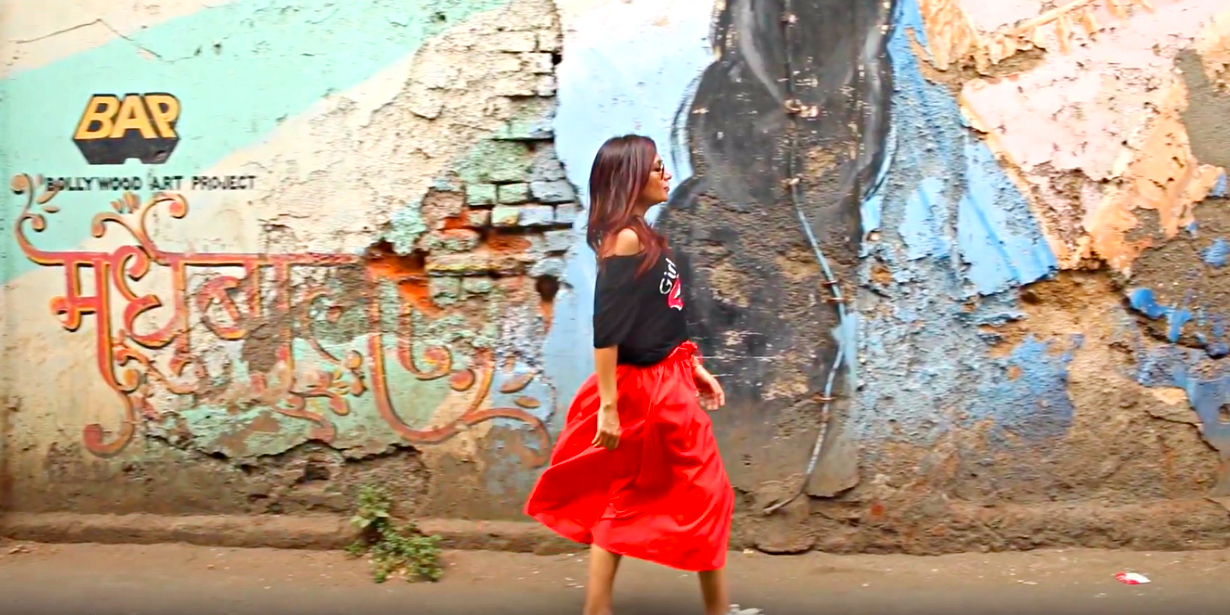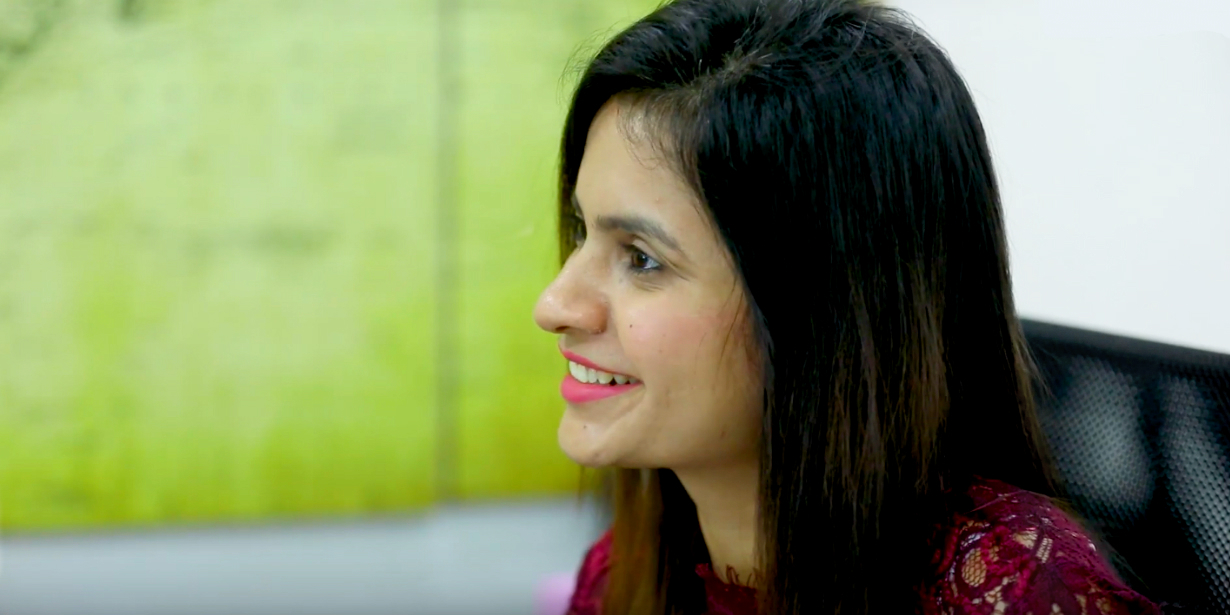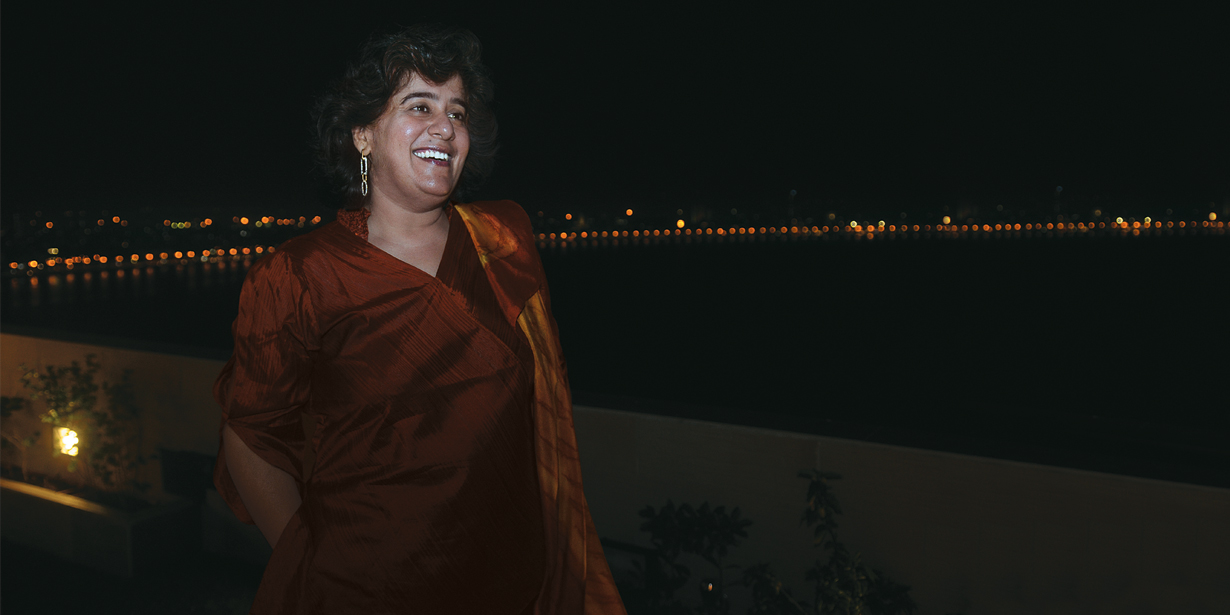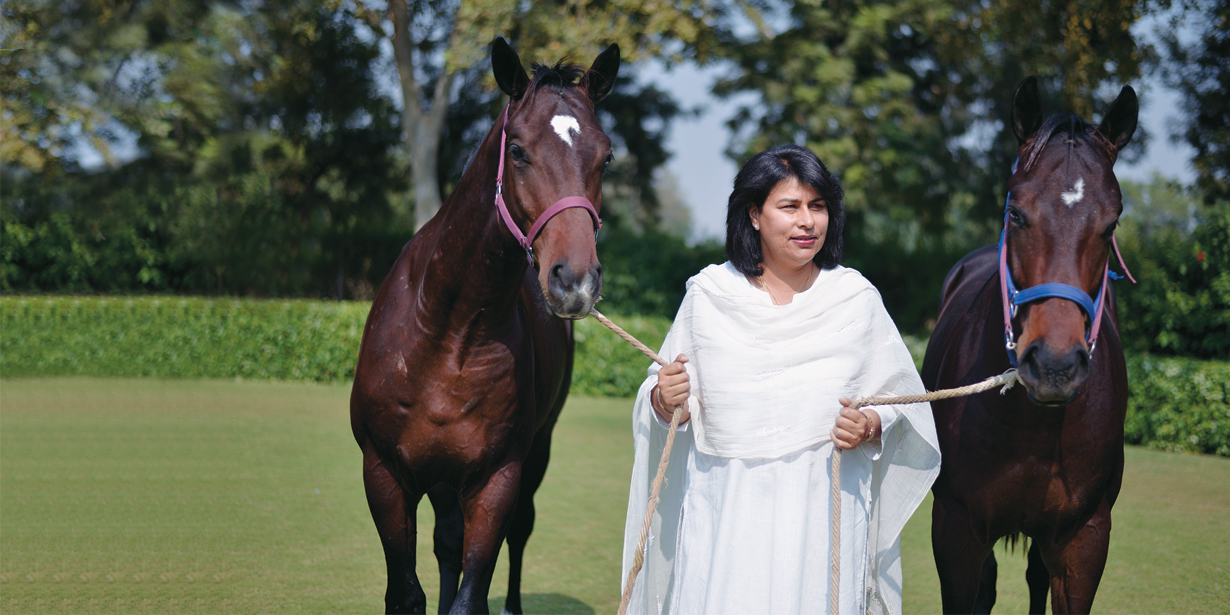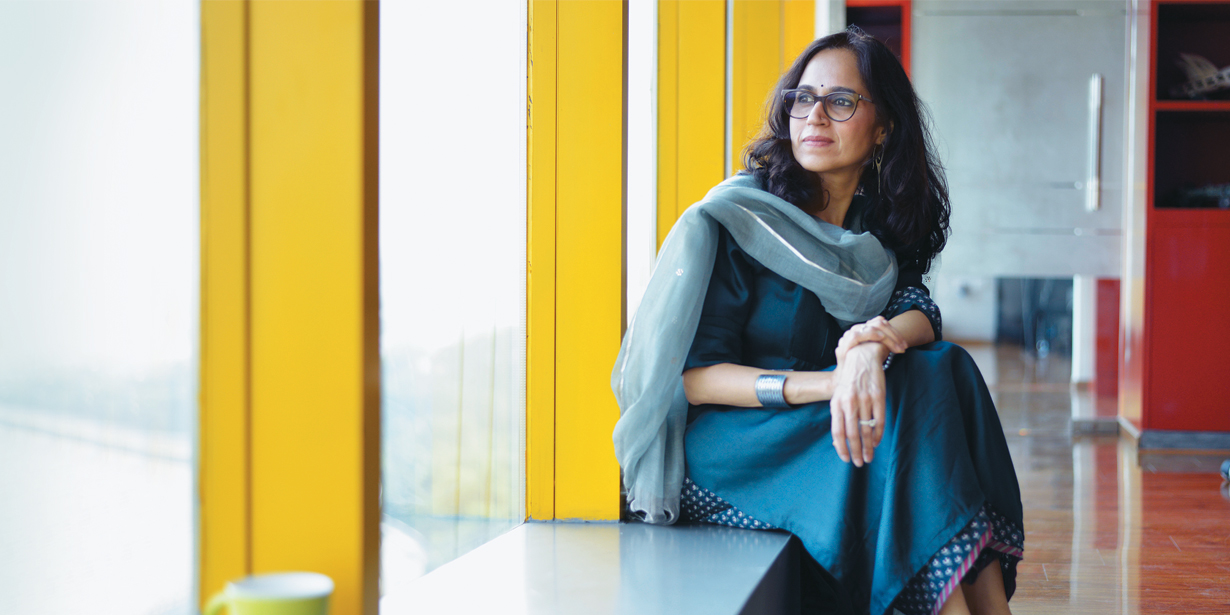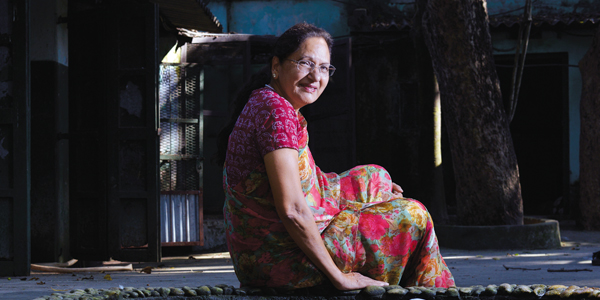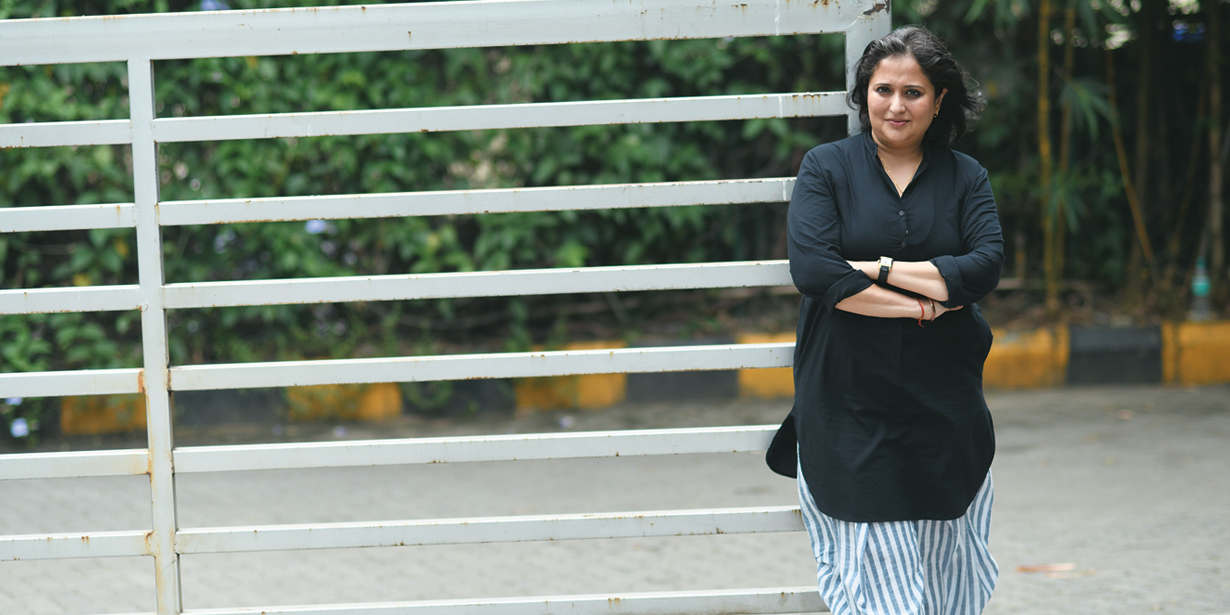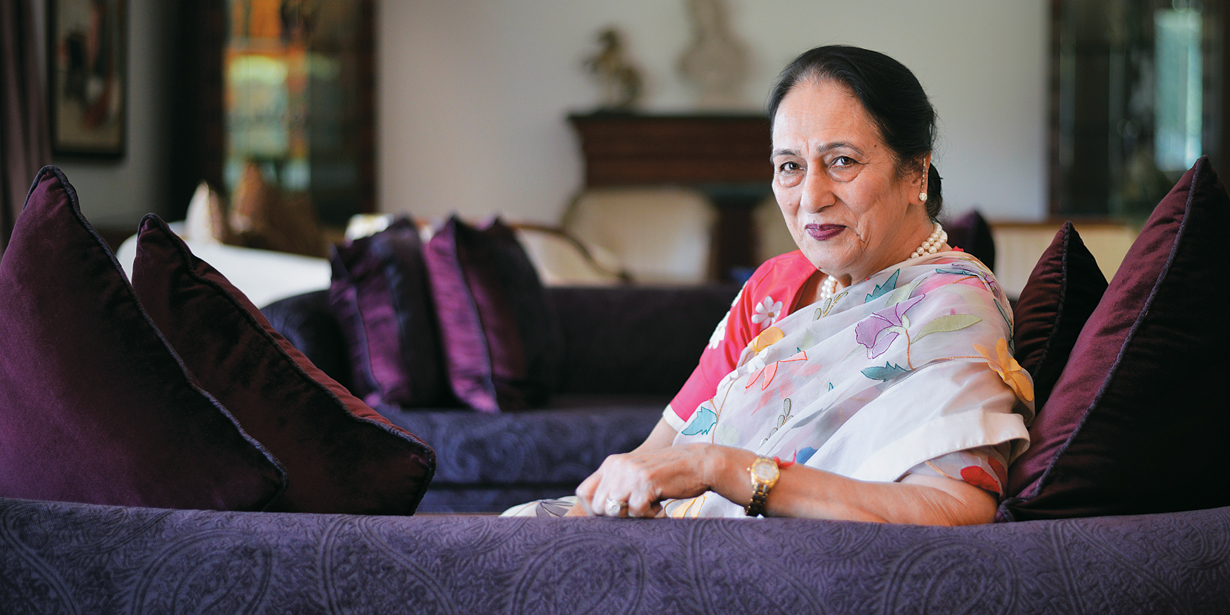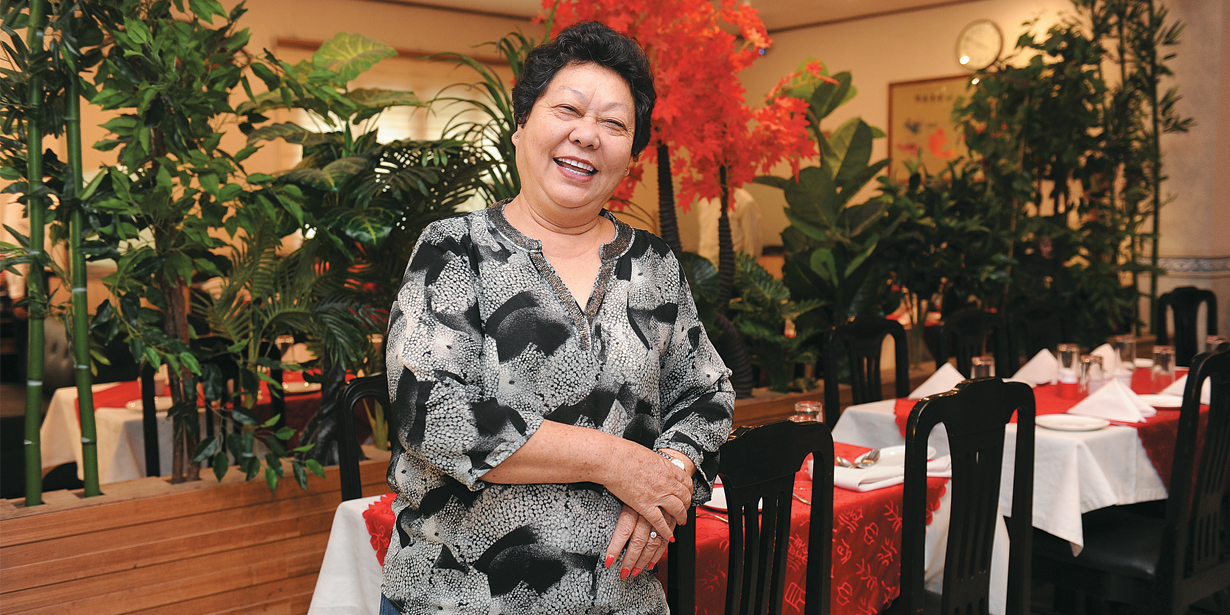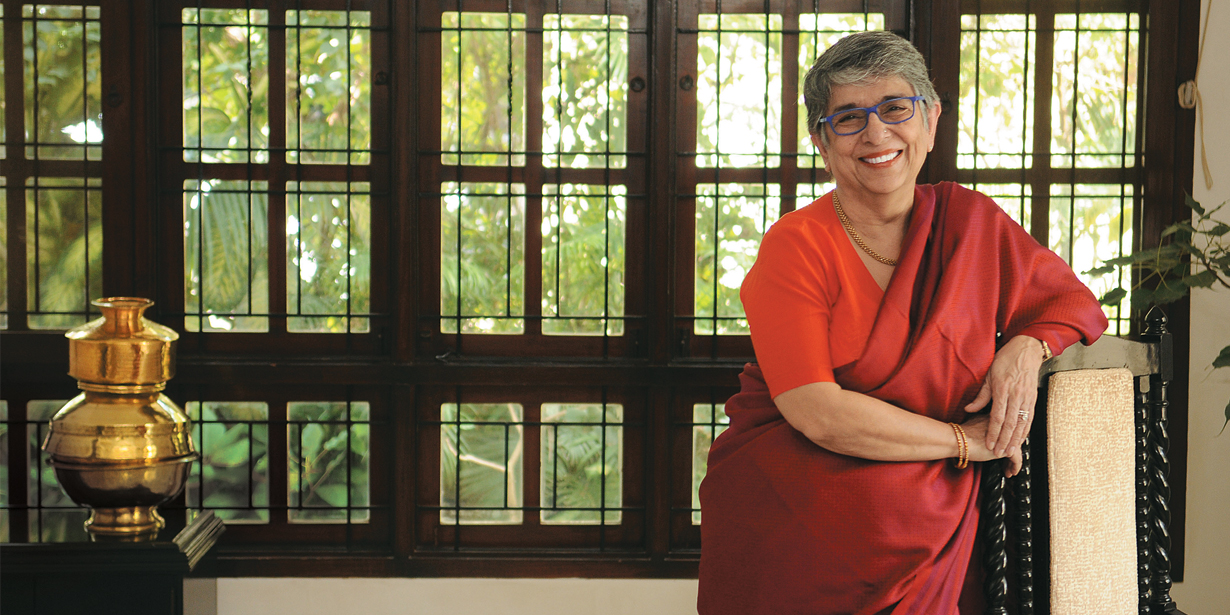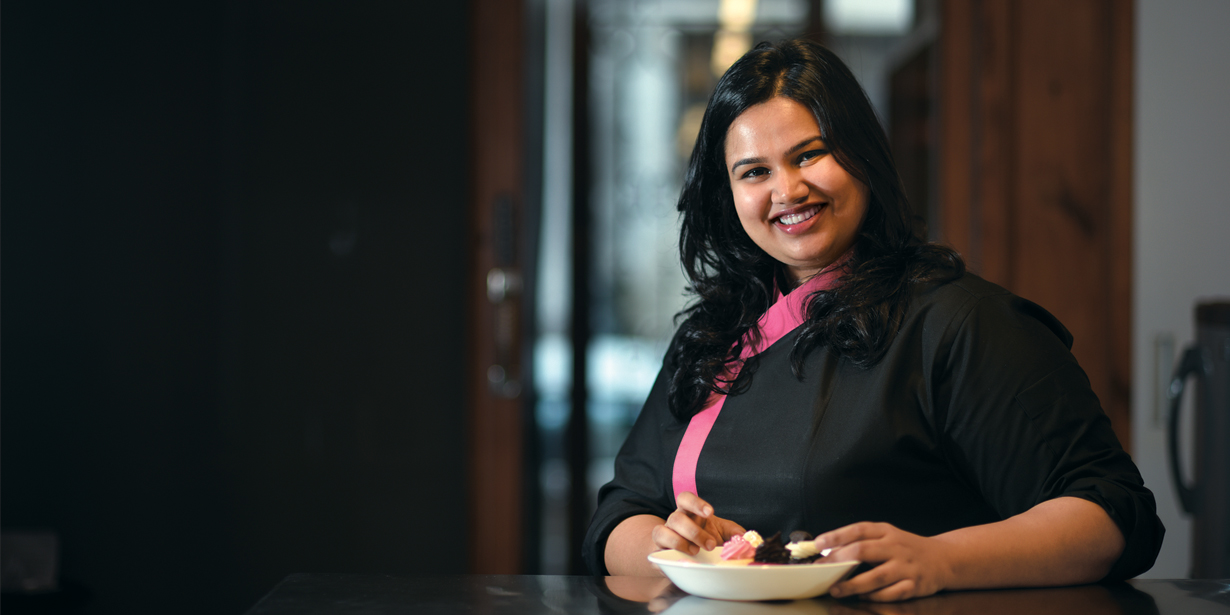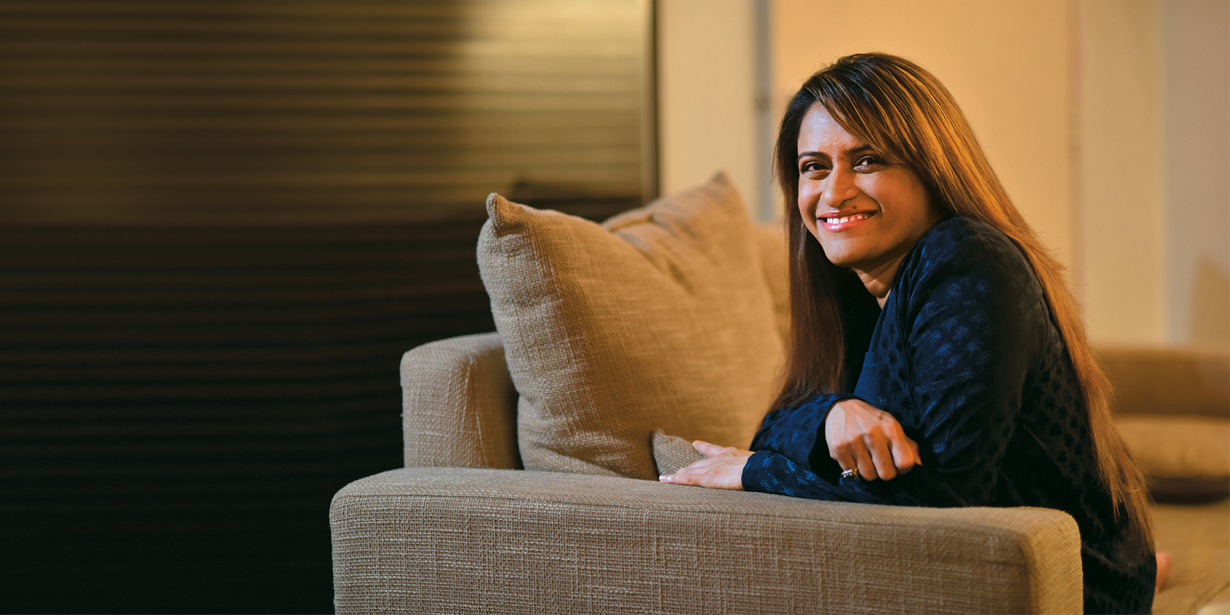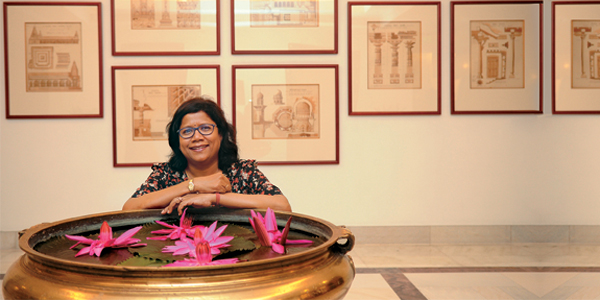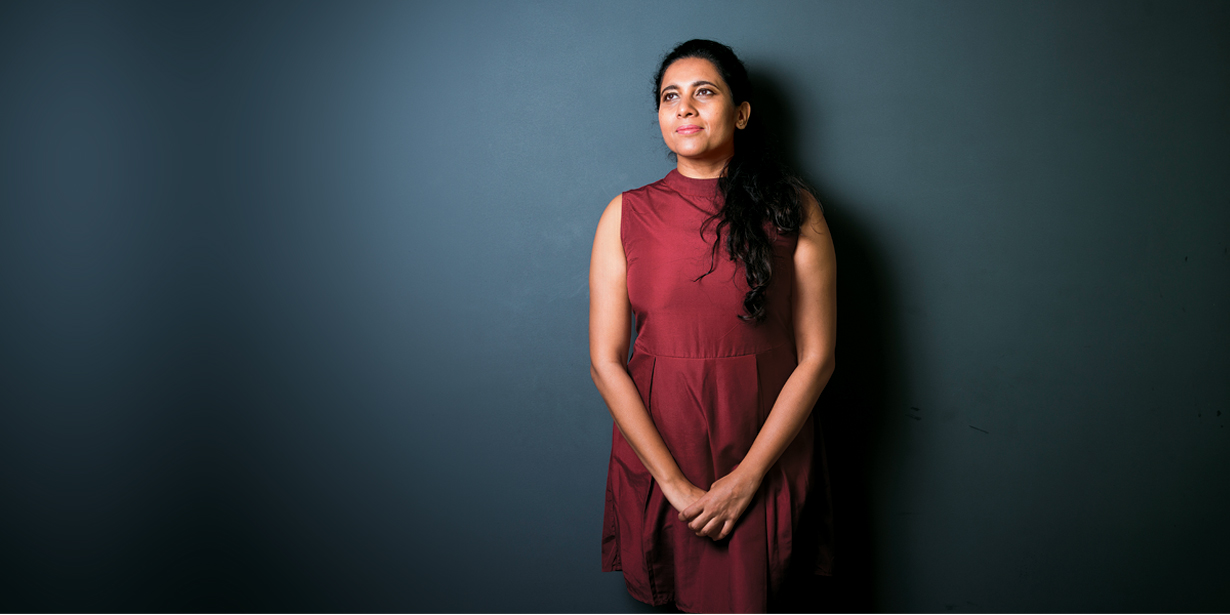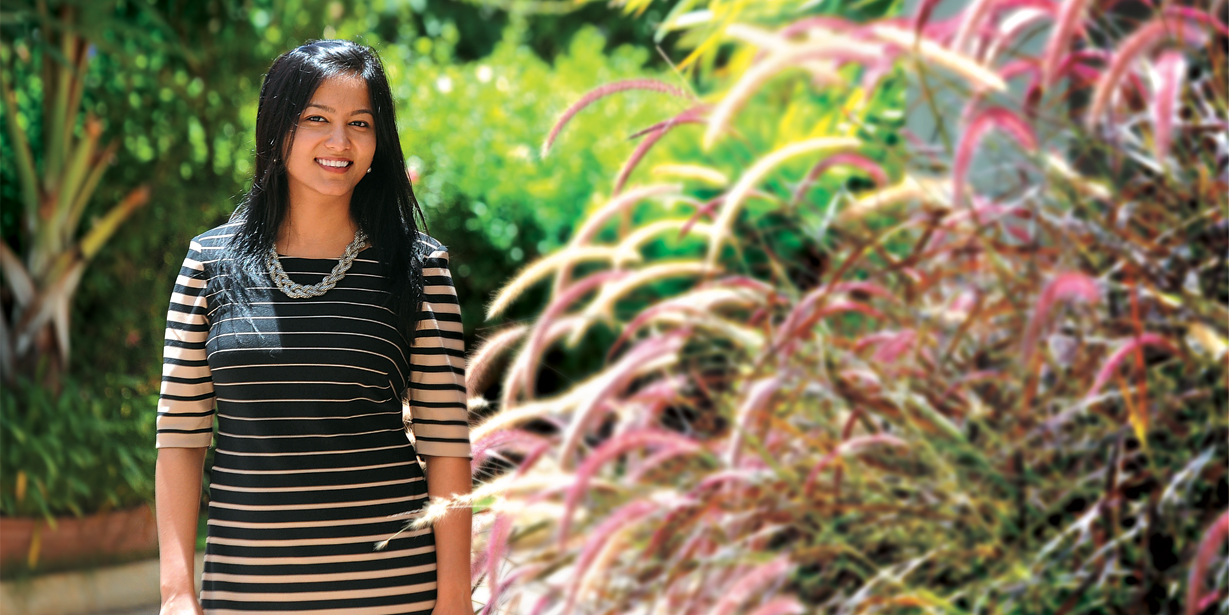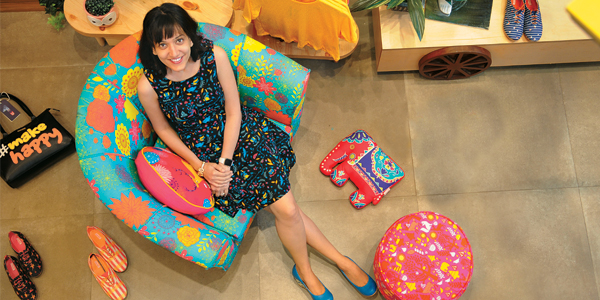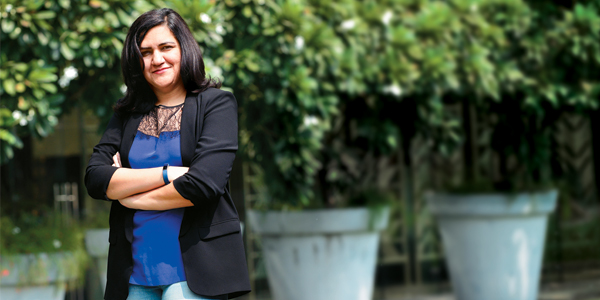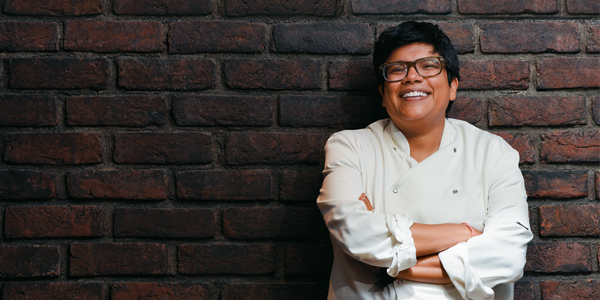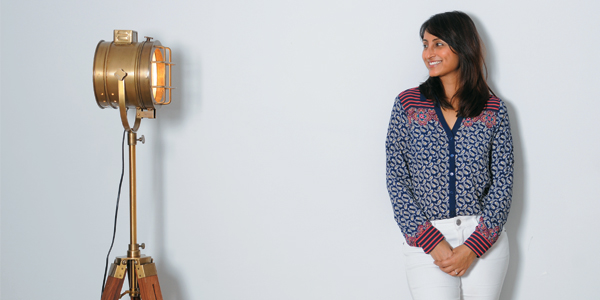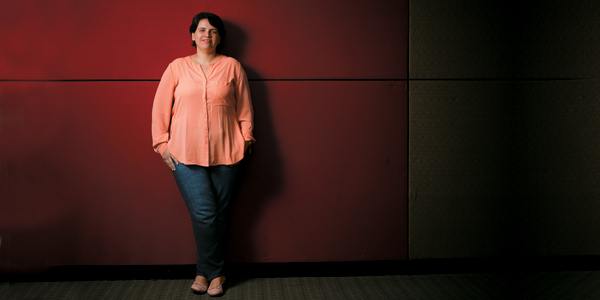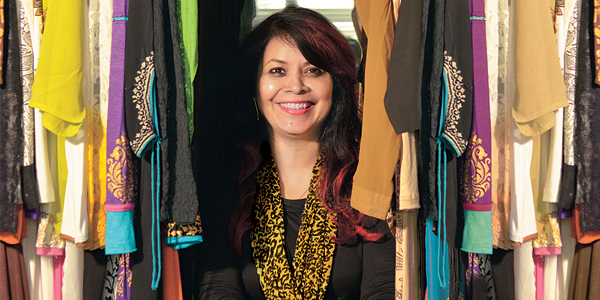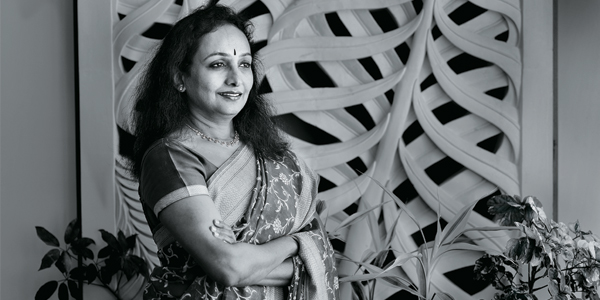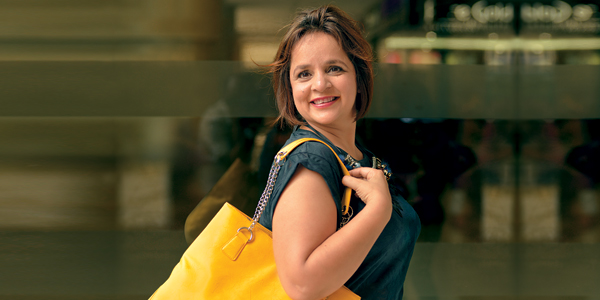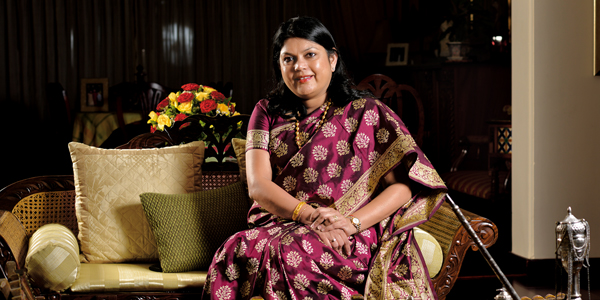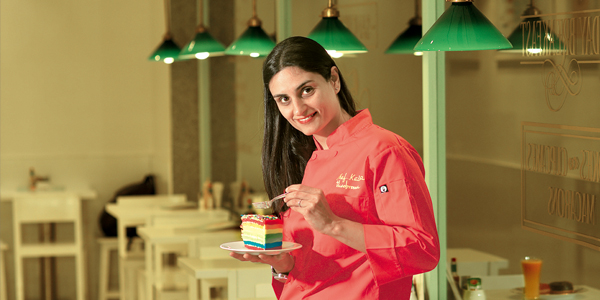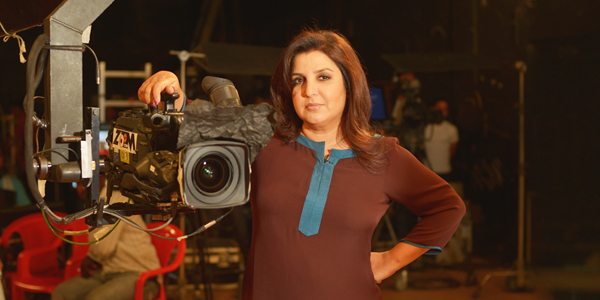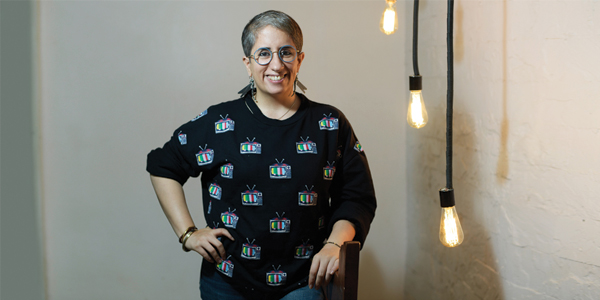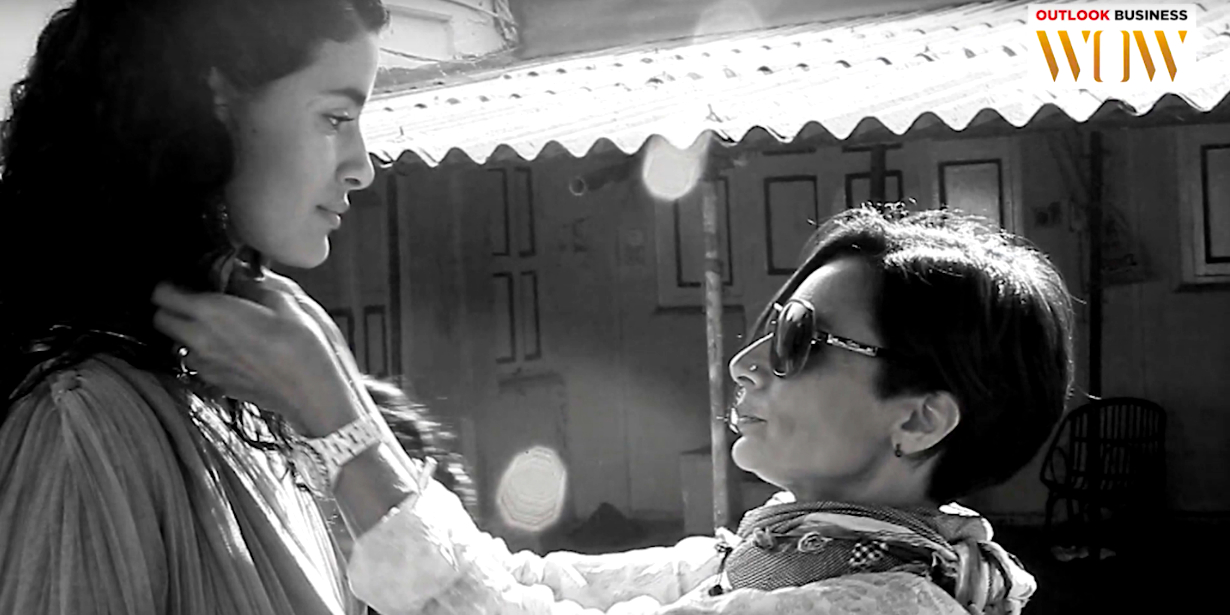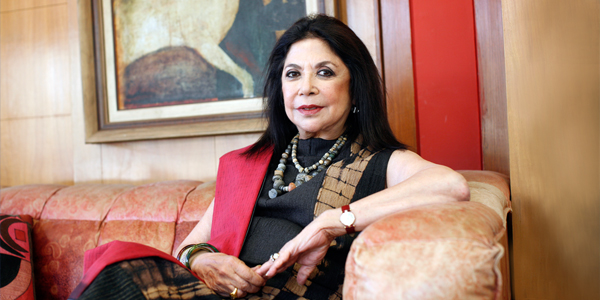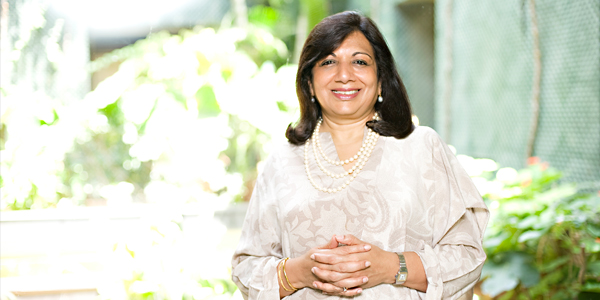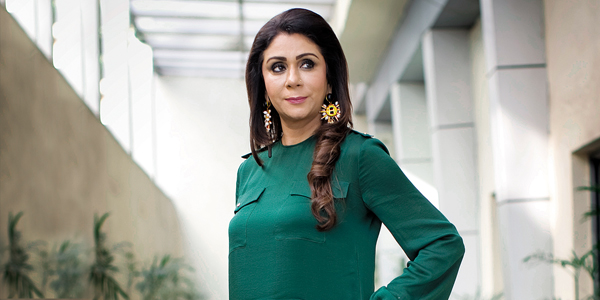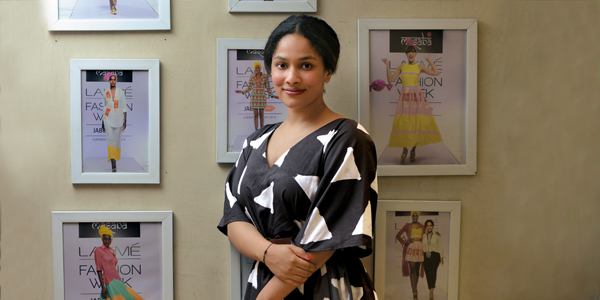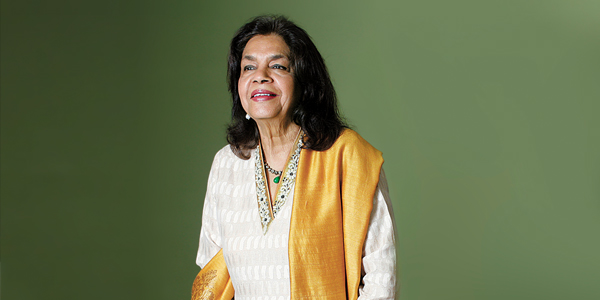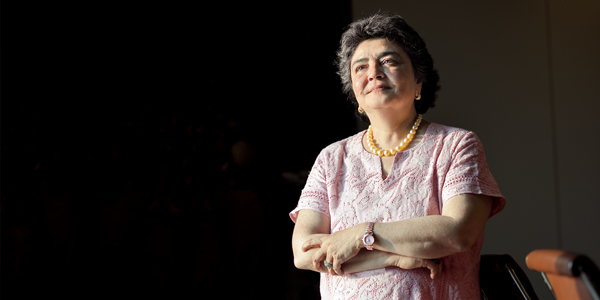Unhappy turning away women waiting desperately for hours for loans at her bank, she opened her own: Lakhimi Baruah
Born in 1949 in Assam, Baruah always had seen women in her hometown struggling to make ends meet. While working with District Central Co-Operative Bank in Jorhat, she witnessed underprivileged women, most of them illiterate, queue up for a loan for hours. After a patient wait, they would be turned away at the counters for lack of requisite documents. They were women desperate for help, those wanting to escape an abusive marriage or mothers wanting to pay for their children’s education, and Baruah resolved to do all she can.
In 1983, she established Mahila Samiti, a women’s committee at Dakshin Sarbaibandha in Jorhat to help women get financial help. And in 1990, Baruah opened the Konoklata Mahila Co-Operative Bank with 52 promoter members. Registering the bank, however, was impossibly difficult and they struggled for eight long years. “Time and again our proposals were rejected. The criteria they set, we couldn’t meet. People, in general, didn’t have confidence in us,” she says.
They needed to have at least 1,000 members and a capital of #800,000 to begin with. “A few housewives came forward to buy our shares, with their hard-earned money. It was a huge motivation for us,” says Baruah.
The bank was registered on May 22, 1998, under Assam Co-Operative Societies Act, 1949. Finally, in 1999, they could gather Rs.845,000 in capital and the total number of members went up to 1,420. RBI granted licence to the bank on February 16, 2000, for commercial banking. Baruah remembers Day One. “Altogether 17 accounts were opened,” she says. The bank later received additional funding from North Eastern Development Finance Corporation and Small Industries Development Bank of India (SIDBI) and refinance from Rashtriya Mahila Kosh (RMK).
The first branch was opened in 2002 at Gar-Ali, followed by three other branches in two districts — Jorhat (Jorhat and Mariani) and Sivasagar (Sivasagar). At present, the bank manages more than 35,000 accounts in four branches. The deposits total to around Rs.80 million and the share capital, to Rs.6.5 million.
And even at 67, Baruah works constantly and is at the bank every day. “I dream of having at least one branch in each district of the state before I die,” Baruah says.
